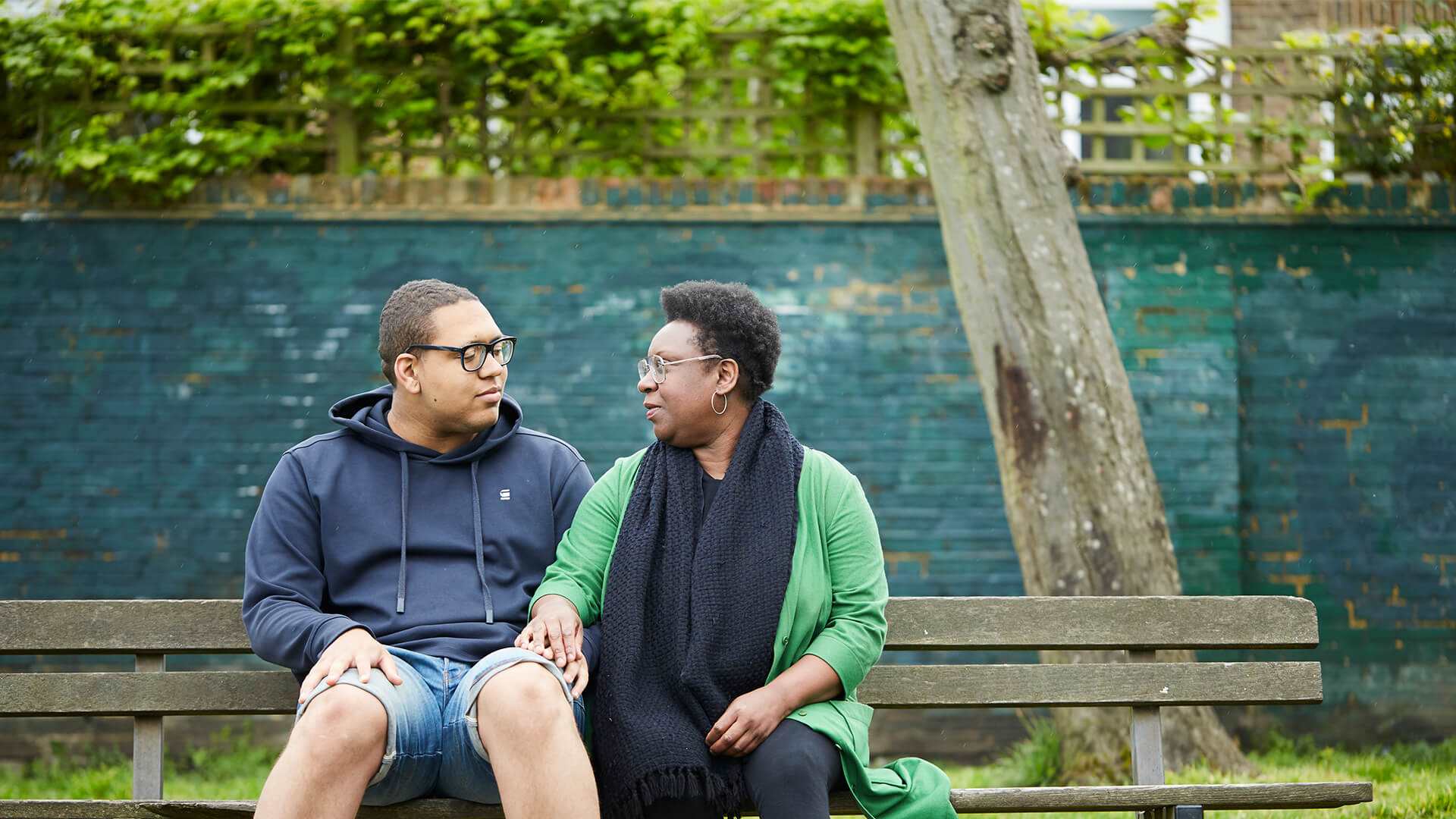Supports Black, Asian or Minority Ethnic children (11+), young people and parents and carers who have been affected by Covid-19. You can call to talk through any worry or problem, including around issues such as bereavement, physical or mental health, financial issues or unemployment, or bullying and racism.
You can speak to someone in English, Gujarati, Urdu, Bengali, French, Spanish, Arabic, Punjabi, Mirpuri, Pothwari, Hinko, Hindi and Sundhi. Interpreters are available for other languages.
Webchat service available here during opening hours.
- Opening times:
- 10am - 8pm, Monday - Friday; 10am - 3pm on Saturdays and Sundays
